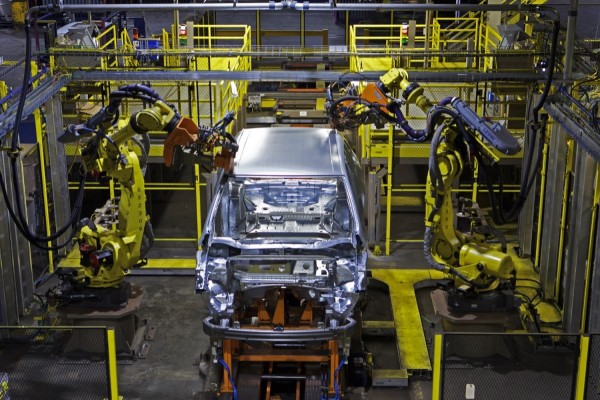-

Taming Amazon, renewing labour
The Amazon organizing model poses three tests for labour and the left. Can traditional unionism bring power to Amazon workers and if not, what kind of trade unionism might? Can the struggle at Amazon contribute to transforming the labour movement? And are unions adequate to confronting modern capitalism or do they need to be supplemented by other forms of organization?
-

The tragedy of the war in Ukraine: a reply to Kagarlitsky
Even if Ukraine were in some sense to win the war, what sort of sovereignty would the Ukrainian people, its working class, possess? What social forces would be dominant in this victorious Ukrainian state, where all opposition parties and media have been banned and whose reconstruction would depend entirely on American and European generosity?
-

Education workers lead but come up short: What lessons for labour?
At this moment in time, writes author and researcher Sam Gindin, the over-riding political question is how we to organize ourselves so as to build that kind of working class. The Ontario CUPE education workers gave us a glimpse of what is needed and what is possible. Will the labour movement in Canada build on this? There is much more to be done.
-

Inflation: Reframing the narrative
Reframing the narrative does not mean that we should, as some sections of the left have argued, set the issue of inflation aside. Reinforcing inflation as a key economic concern, the argument goes, only legitimates the call for wage restraint and austerity. Better, it follows, to keep focusing on militant wage demands, expanding unionization, and lobbying for social programs.
-

Swords into ploughshares
Simon Black, lead organizer with Labour Against the Arms Trade, speaks to Sam Gindin, former research director of the Canadian Auto Workers and co-author of The Making of Global Capitalism (with Leo Panitch), about the promise of repurposing the Canadian arms industry’s resources for socially useful production—and winning a just transition for arms industry workers.
-

Living socialism today: Remembering Leo Panitch
Standing outside a conference with a group of devotees, a famous political scientist brags that there’s only two people in the world he’s afraid of: his mother and Leo Panitch. To anyone who knows Leo, this revelation elicits knowing smiles and an affirmative nodding of heads. But it also poses a question. Those with an authoritative presence tend to bring a distancing from others; how then did so many nevertheless come to feel so close to Leo?
-

In appreciation of Leo Panitch
The sudden death of our friend and comrade Leo Panitch has led to an extraordinary outpouring of sadness and appreciation across the world. Very few intellectuals on the left have had the intellectual impact on progressive thinkers and activists that Leo has had, as the flood of testimonials shows; and fewer still have in addition personally trained a comparable network of scholars of the highest calibre.
-

The electric car comes to Oakville
To suggest that Unifor’s GM campaign served as a warning to Ford Motors is far-fetched. Unifor’s GM campaign was a sign of union weakness not strength, and if the outcome of closing 95 percent of the GM Oshawa plant was a lesson of any kind for Ford, it would have been that they could look good even with a minor investment in electric vehicle production in Ontario.
-

Political openings: Class struggle during and after the pandemic
After the pandemic, the challenge confronting the left is whether it can take advantage of the spaces capitalism has not completely conquered and the contradictions of life under capitalism that have blocked the full integration of working people, to remake the working class into one that has the interest, will, confidence, and capacity to lead a challenge to capitalism.
-

Health workers: From praise to protection
Crises sometimes bring out the best in society and sometimes—or even at the same time—they clarify what is so darkly wrong within. In the particular case of the commitments and risks taken by the front-line workers that we apparently value so deeply now, the contrast lies in how little they were valued before.



